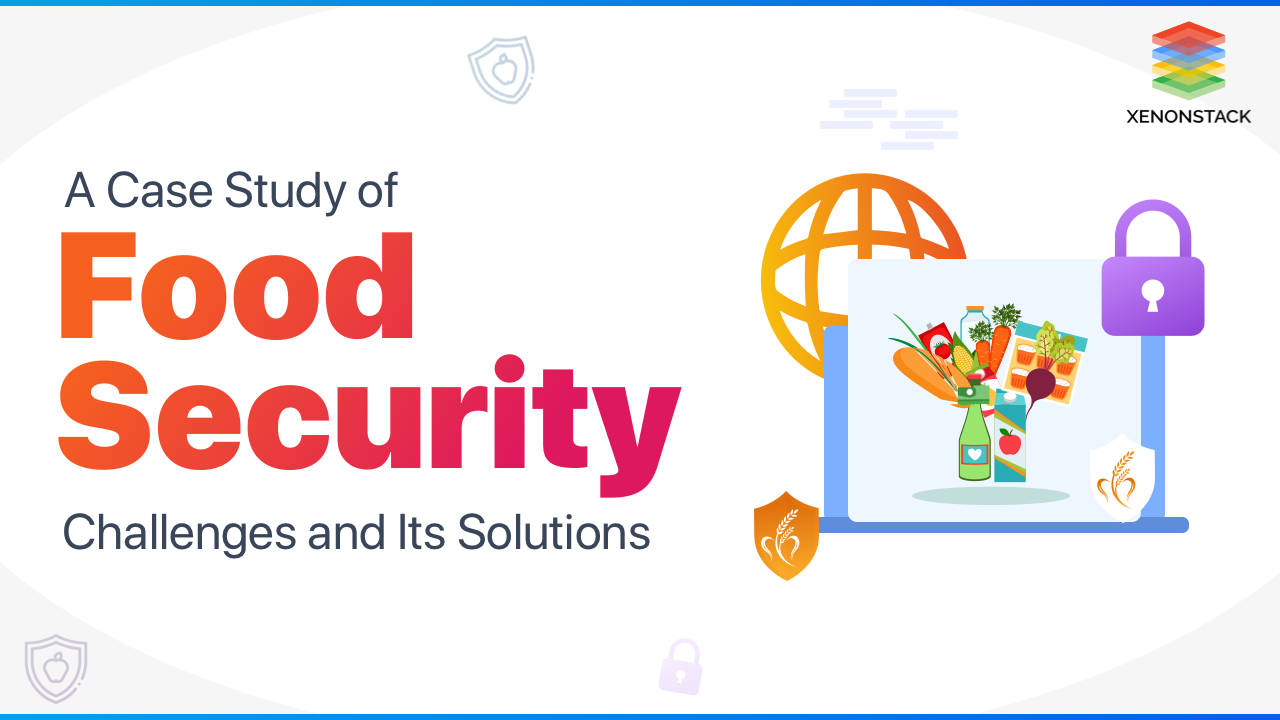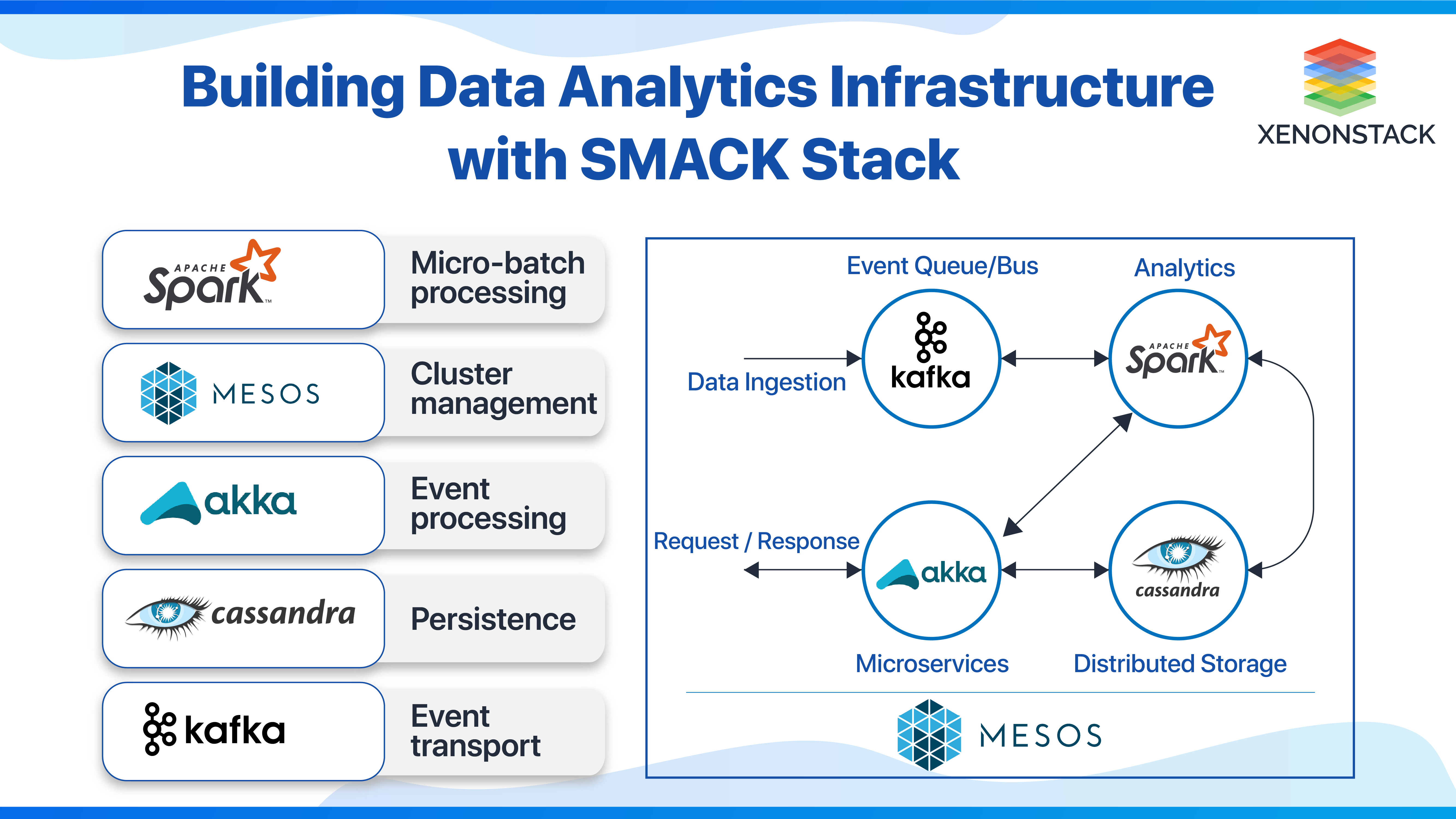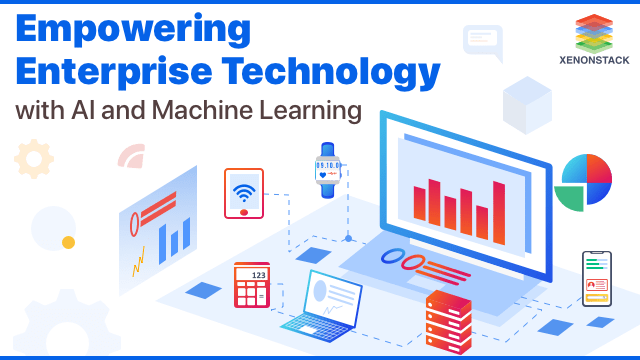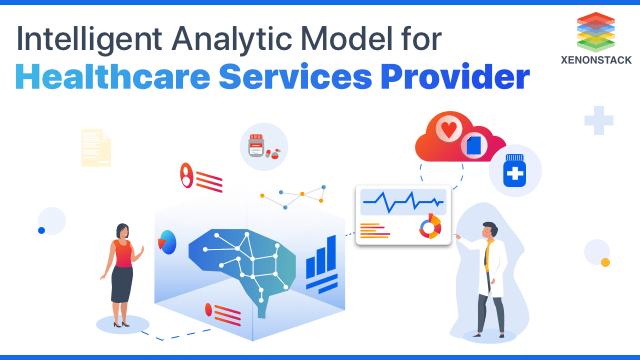
Introduction to Food Security
India currently has the world's biggest malnourished people, at roughly 195 million. Climate change affects crops and livestock, fisheries, forests, and aquaculture. It can have significant social and economic implications, such as lower incomes, destroyed livelihoods, trade disruptions, and negative health effects. Due to rising temperatures and irregular rainfall, farming is also becoming extremely difficult. So India needs to take major steps to improve its food security because of supply limits, water shortages, limited landholdings, low per capita GDP, and insufficient irrigation.
Solution for Food Security
Food security is a challenging issue that necessitates a multidisciplinary solution. Analytical modeling can be used to address such a scenario. The goal of analytics is to figure out how much food is available, how accessible it is, and how much of it is used in the country to uncover shortcomings in our food system and ensure its food security.
Predictive Analytical Process for Food Security
This analytics predicts useful food system statistics to measure a country's food security. The government can use these sample analytics dashboards to determine the country's production and stock of various food products. Boosting food production and productivity, increasing food imports regularly, giving more jobs and increased wages for those who are unable to buy the food they need, and strengthening food distribution systems.
User Story
Rice and its products have maximum production in the country, i.e., 172580 (1000 tonnes) in 2018. The second highest production is of wheat then followed by potatoes and maize. Still, the country's requirements of potatoes and oil crops products are not fulfilled (figure 1). They are out of stock in 2017 and 2018. Government should increase the production of potatoes and oil crops to fulfill the demands.
Nutrition intake
The government can use this sample analytics dashboard to determine the percentage of children under the age of five that are stunted. Stunting results from persistent malnutrition throughout the most crucial stages of growth and development in childhood.
User Story
32.1% of children (under 5 years of age) were stunted in 2019. Government should work on improvement in nutrition surveillance activities to identify rates and trends of stunting and other forms of malnutrition within countries and establish a strong foundation that can drive change in the country (food security and a supportive health environment through increasing access to safe water and sanitation).
Social stability
The government can use these sample analytic dashboards to measure the country's political stability and lack of violence.
User Story
The political stability index of the country is -0.70. This shows that the political stability of India is not so good. Government has to work on maintaining discipline and establishing peace for better functioning of the activities in the country.
End Customer Value
The government can investigate a number of food system areas, including yields, access to drinking water, sanitary services, nutrition, food waste, and social stability. Then figure out where in the food system they are deficient. They can also determine the most effective means of ensuring food security.
Why XenonStack?
XenonStack provides the most comprehensive analytical assessment on the current state of the food system and factors that pose a threat to food security. We also forecast upcoming issues that will significantly impact the food system and may harm the country's food security and make appropriate recommendations for avoiding these issues.


